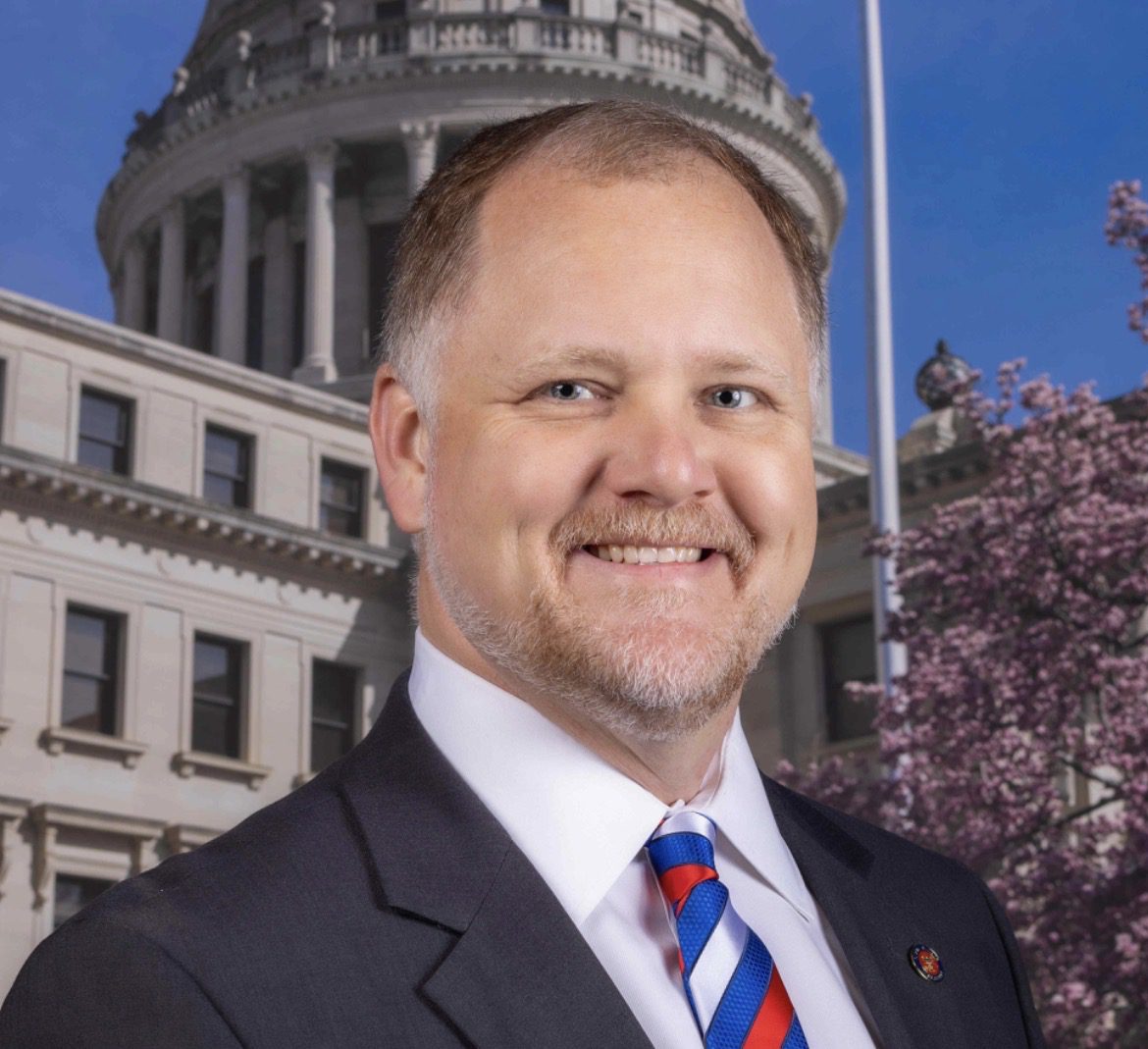
Texas 6-week abortion ban law will take effect by allowance of the U.S. Supreme Court.
On Wednesday, the U.S. Supreme court allowed a Texas state law to ban abortions after six weeks to be upheld despite an emergency petition that was filed by Texas abortion clinics. They chose not to take up a hearing based on the petitions by a 5-4 vote, giving Texas the authority to implement their law.
However, the law could still be blocked at some other stage of the process.
The Texas law was officially signed by the Governor in May 2021. It would outlaw the procedure after six weeks as well as place a fine of $10,000 on anyone who violated the law.
The decision to allow the law to take effect could be a precursor to the review of Mississippi’s 15-week abortion ban that the Court agreed to hear back in May. That Mississippi legislation was passed in 2018 and has been called a direct challenge to Roe v. Wade, the decision that legalized abortion nationwide in 1973.
“This is a de facto overturning of Roe before the Supreme Court has time to hear the Mississippi case,” Planned Parenthood President Alexis McGill Johnson told Politico. “And Texas will now go back to being a pre-Roe state, turning the clock back 50 years.”
Mississippi’s 15-week abortion ban that will be heard by the Supreme Court was originally overturned by District Judge Carolton Reeves. That decision came after the state’s only abortion clinic in Jackson filed suit against the law.

In July 2021, Attorney General Lynn Fitch filed a brief with the Supreme Court regarding the Dobbs v. Jackson Women’s Health Organization, a move she said was to protect mothers and babies alike.
“There are those who would like to believe that Roe v. Wade settled the issue of abortion once and for all,” said Attorney General Fitch at the time. “But all it did was establish a special-rules regime for abortion jurisprudence that has left these cases out of step with other Court decisions and neutral principles of law applied by the Court.”
Since then more than 75 amicus briefs have been filed at the U.S. Supreme Court supporting Mississippi’s ban on most elective abortions after 15 weeks. Those filings came from legal scholars, doctors, democratic and female state lawmakers, governors, attorneys general and members of Congress.
Mississippi’s lawmakers also attempted to pass a six week abortion ban, or the Heartbeat bill in 2019. While it was signed by Governor Bryant at the time, the legislation was also stricken in court.
“We remain focused on our case. We won’t read too much into the Court’s consideration of an emergency request. The Texas law will get thorough consideration as it continues to proceed through judicial channels rather than be short circuited by a contrived emergency filing,” said Debbee Hancock, Communications Manager for the Mississippi Attorney General’s Office.
UPDATED: Thursday September 2, 2021
Following the decision by the Supreme Court, President Joe Biden released the following statement:

The Supreme Court’s ruling overnight is an unprecedented assault on a woman’s constitutional rights under Roe v. Wade, which has been the law of the land for almost fifty years. By allowing a law to go into effect that empowers private citizens in Texas to sue health care providers, family members supporting a woman exercising her right to choose after six weeks, or even a friend who drives her to a hospital or clinic, it unleashes unconstitutional chaos and empowers self-anointed enforcers to have devastating impacts. Complete strangers will now be empowered to inject themselves in the most private and personal health decisions faced by women. This law is so extreme it does not even allow for exceptions in the case of rape or incest. And it not only empowers complete strangers to inject themselves into the most private of decisions made by a woman—it actually incentivizes them to do so with the prospect of $10,000 if they win their case. For the majority to do this without a hearing, without the benefit of an opinion from a court below, and without due consideration of the issues, insults the rule of law and the rights of all Americans to seek redress from our courts. Rather than use its supreme authority to ensure justice could be fairly sought, the highest Court of our land will allow millions of women in Texas in need of critical reproductive care to suffer while courts sift through procedural complexities. The dissents by Chief Justice Roberts, and Justices Breyer, Sotomayor, and Kagan all demonstrate the error of the Court’s action here powerfully.
While the Chief Justice was clear to stress that the action by the Supreme Court is not a final ruling on the future of Roe, the impact of last night’s decision will be immediate and requires an immediate response. One reason I became the first president in history to create a Gender Policy Council was to be prepared to react to such assaults on women’s rights. Hence, I am directing that Council and the Office of the White House Counsel to launch a whole-of-government effort to respond to this decision, looking specifically to the Department of Health and Human Services and the Department of Justice to see what steps the Federal Government can take to ensure that women in Texas have access to safe and legal abortions as protected by Roe, and what legal tools we have to insulate women and providers from the impact of Texas’ bizarre scheme of outsourced enforcement to private parties.











